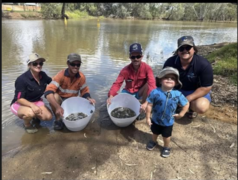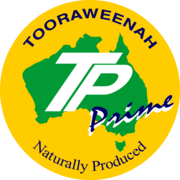Landholders urged to coordinate fox and wild dog control
Lucy Dedman
15 March 2025, 6:40 AM
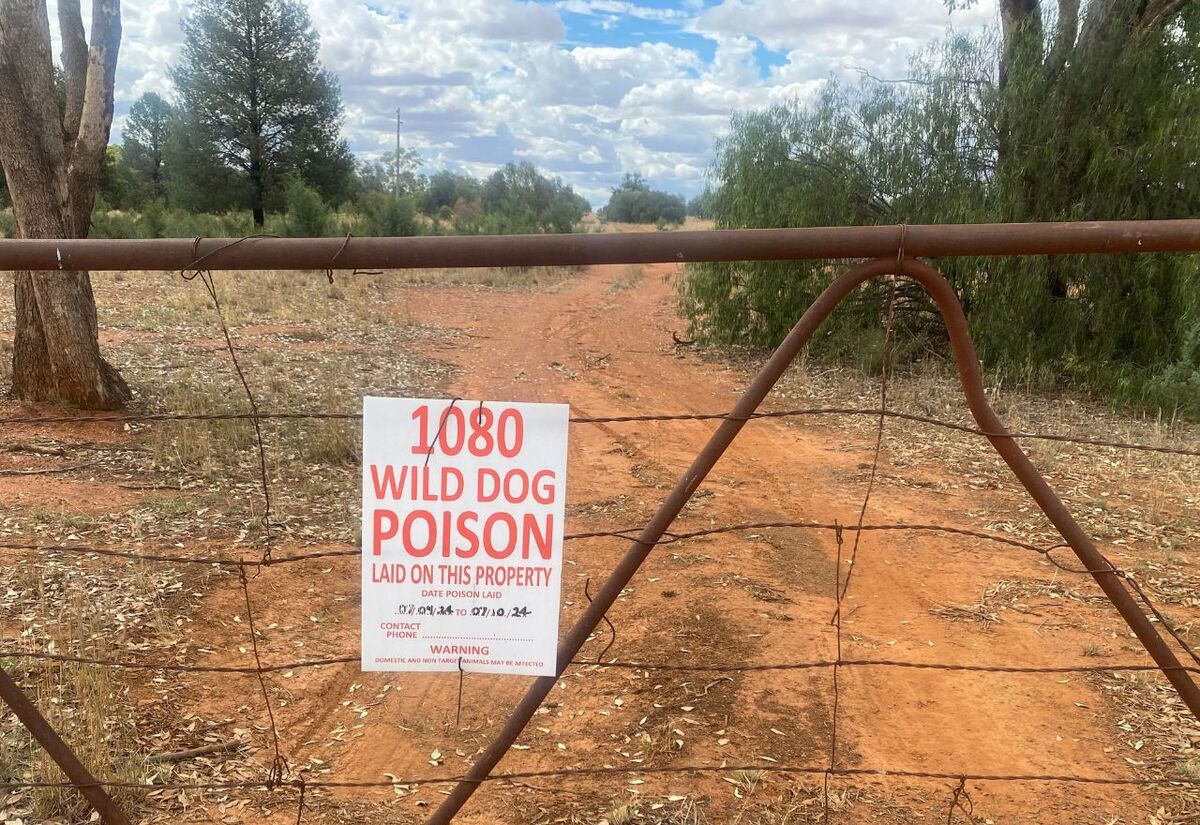 Wild Dog Poison Sign on Barrier Highway, west of Nyngan. Image: Lucy Dedman
Wild Dog Poison Sign on Barrier Highway, west of Nyngan. Image: Lucy DedmanAs the cooler months approach, landholders in Western New South Wales are being urged to respond to the escalating threat of wild dogs and foxes.
Central West Local Land Services (CWLLS) is calling for coordinated efforts to control these pests to prevent further damage.
With increased reports of wild dog and fox activity, Central West Local Land Services Senior Biosecurity Officer Rhett Robinson stressed that autumn is the most effective time to control the predators.
“We’re coming into the months where targeted control will have the greatest impact on wild dogs and foxes," said Mr Robinson.
In particular, foxes continue to cause significant problems across the region. Lyall Grieve, Biosecurity and Conservation Analyst for the Invasive Species Council, pointed out the destructive impact foxes have on both livestock and native species.
"Foxes are one of the worst, invasive predators that we have in Australia. They cause significant pressure on wildlife, livestock, they take lambs and poultry, spread diseases, let alone driving our native animals to extinction" said Mr Grieve.
"Now is the time of year where a lot of young foxes are spreading out and trying to find their own territory. That can lead to new areas where people might not have seen so many before, so it's a good time to try to push back on that increase in population."
While baiting remains the most effective method of controlling foxes, it comes with risks and the potential of affecting other species, like domestic dogs.
However, “there are lots of rules and regulations to make sure it’s done as safely and humanely as possible" said Mr Grieve.
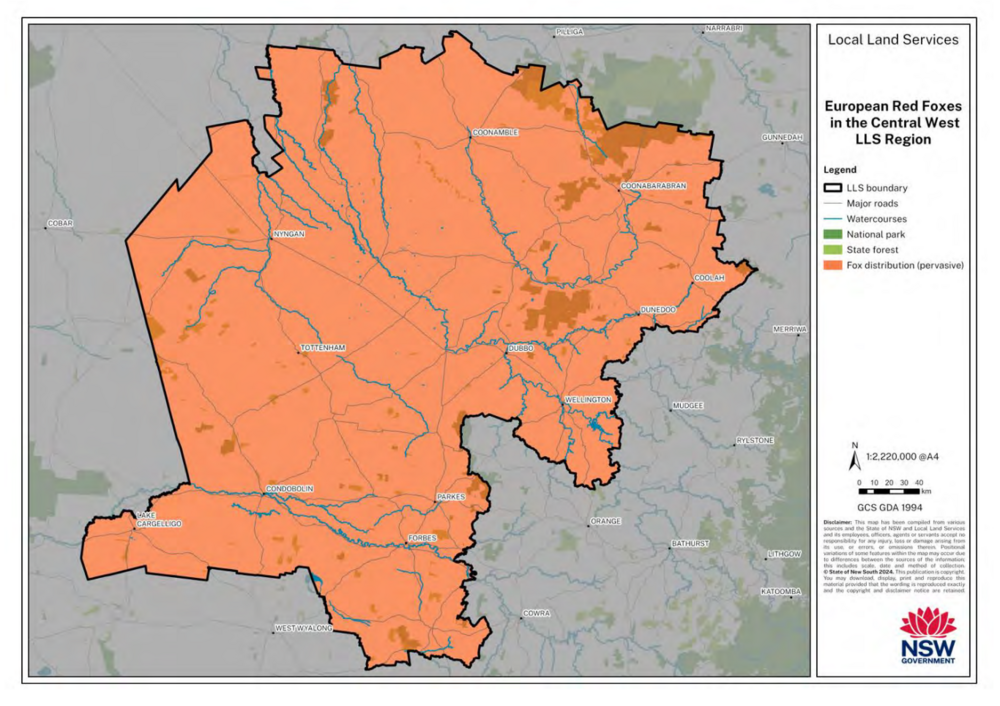
European Red Foxes are found across the Central West Region. Data from October 2024. Image: Local Land Services
According to Local Land Services, group baiting programs have shown up to an 80 percent reduction in fox numbers as a result of landscape-scale participation The effectiveness of control programs relies heavily on cooperation between landholders.
"Another factor in the success of these programs comes from landholders working together and encouraging their neighbours to be involved. The more widespread and coordinated the effort, the more success we will have" said Mr Robinson.
Mr Robinson emphasised that foxes and wild dogs don’t stop at property lines.
“Pest animals like wild dogs and foxes aren’t deterred by boundary fences so we’re hoping to get more landholders participating in coordinated control programs and help reduce the impacts to agriculture and native species in our communities.
"It's much more effective if it can be a wide-scale control, coordinated across multiple different properties and land uses" echoed Mr Grieve.
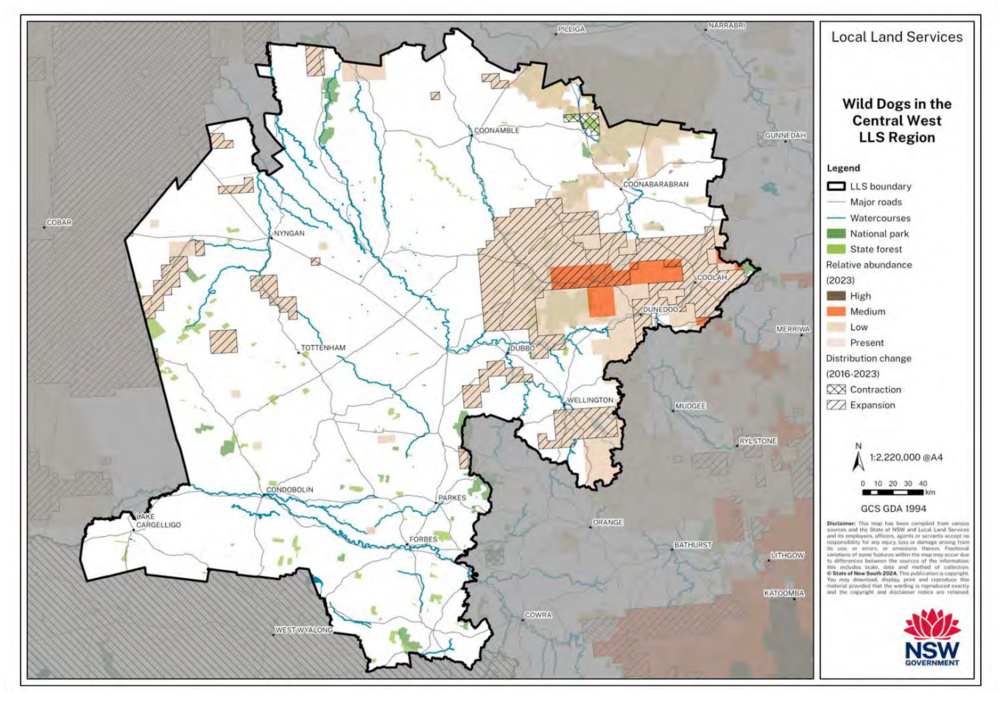
From 2016, Wild Dog numbers have expanded in areas across the Central West Region. Data from October 2024. Image: Local Land Services
"We really encourage people to report sightings because that helps these management operations to be more strategic."
Landholders who wish to be involved in the pest control programs and receive more information can contact their Local Land Services office on 1300 795 299 and ask to speak with the biosecurity team.
